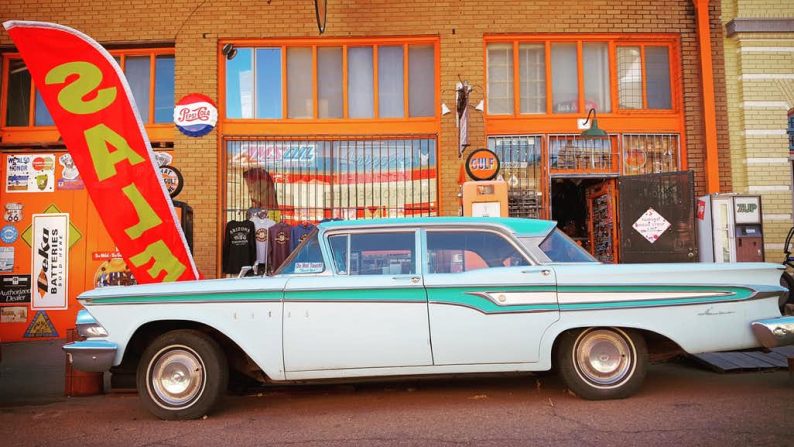
The latest pros and cons from the FIRE ground.
I’ve written a lot of posts about FIRE which stands for Financial Independence/Retire Early. I’ve been all in on financial independence but I think for a lot of people, retiring too early is regret waiting to happen. By retire I mean not working.
Earlier this week Suze Orman took a flamethrower to the idea saying to retire at 30 or 40 you’d need $5-$6 million to confront whatever adverse circumstance that might come along. While I believe part of the risk is that too many FIRE aspirants can’t envision things going wrong, needing $5 million to fund a $40,000 lifestyle (in today’s dollars) for 60 years seems like overkill.
Mr. Money Mustache, a founding father of the FIRE movement, wrote a lengthy rebuttal to the Orman hit job. The rebuttal has an element of being overly defensive but there was a lot of good insight from him along with some overlap with what I have been writing about for a long time but there were also some things that I would disagree with or is just not realistic for most folks. His post is comprised of eight sections, the first one is titled This is ALL WINNING and there are NO DOWNSIDES. Those are his capital letters. He says that “if you think there is even the slightest flaw with the ideas behind FIRE, you’re probably just not understanding it correctly.” Everything has potential downsides. Downsides are not necessarily reasons to not do something but something like choosing a lifestyle might merit weighing out the pros and cons which hopefully allows the opportunity to mitigate the cons and make a more informed decision.
Section 3 pushes back on the notion that only high earners can do this. Where the focus is on independence then I can agree. The way I have often framed this is to ask who is wealthier, the person who makes $20,000 and lives like he makes $10,000 or the person who makes $100,000 and lives like he makes $200,000? However, if the average salary for 2018 college graduate is $50,000 and they put 10% into a 401k, spend $3600 on healthy insurance and net $2800/mo after all of that and paying taxes and then have to pay rent, how much more can they save? Not to mention potential student loan repayments. While I know FIRE proponents would refute this, it is difficult to envision accumulating a vast sum at an early age without an exceptionally high wage or living with parents.













Leave A Comment